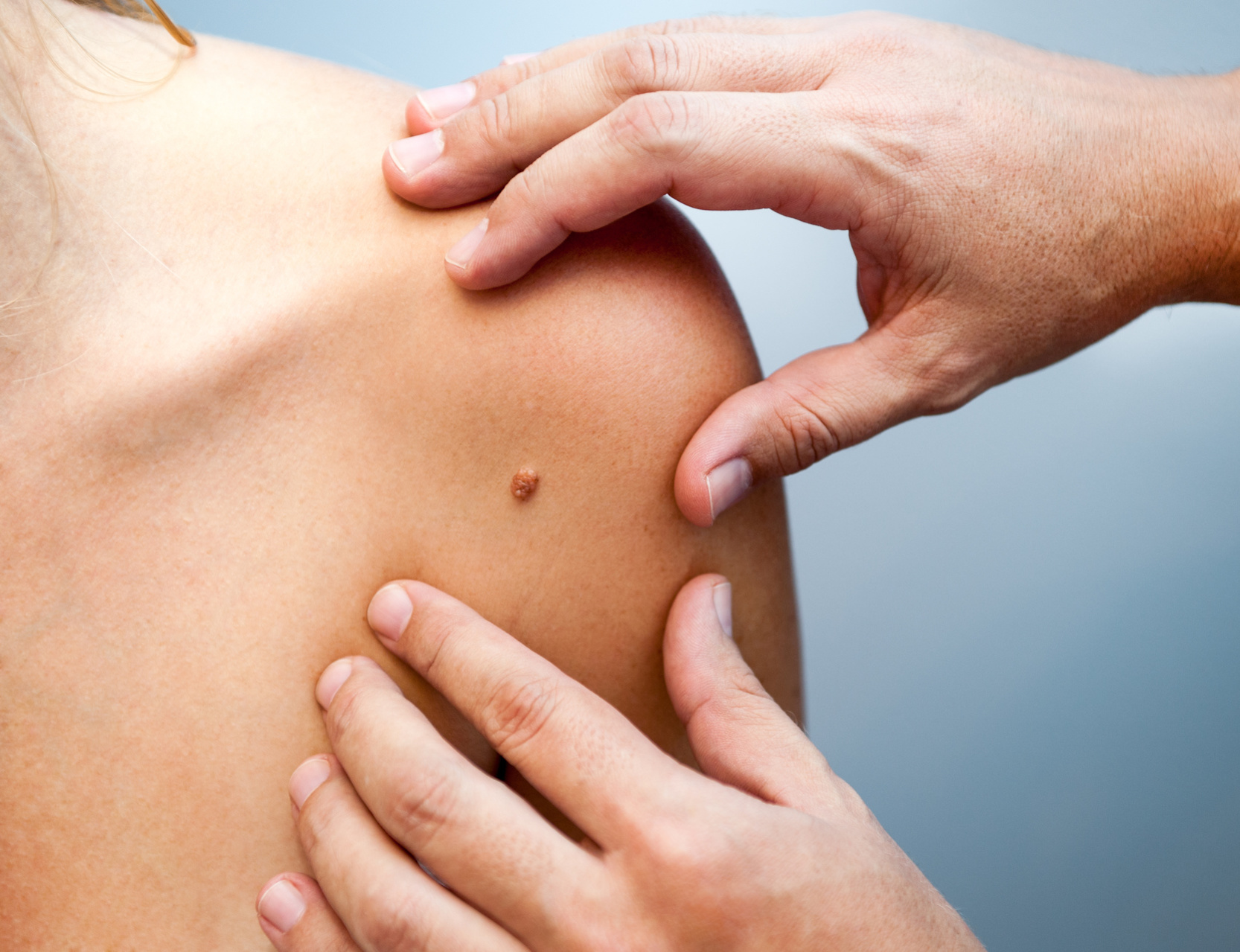Understanding Different Types of Cancer and Their Prevention
Posted on 5th June 2023 at 12:16
Cancer is a devastating disease, affecting millions of people across the world each year. Unfortunately, 1 in 2 people in the UK will be diagnosed with cancer in their lifetime, a daunting and scary statistic.
In the UK, 387,820 cases of cancer were diagnosed in 2019, the latest year for which data is available. The mortality rate for the same year of 2019, shows that there was a total of 166,502 deaths, where cancer was recorded as the cause of death.
While these statistics are scary, new research is being done every single day into understanding different cancers and the treatment of cancer, allowing more people to overcome the disease and continue to live their lives for many years after diagnosis and treatment.
Cancer is caused by uncontrollable growth of abnormal cells in the body that can spread to other parts of the body, causing serious health problems as the cancerous cells invade and destroy surrounding healthy tissue. Cancer can start almost anywhere in the human body, which is made up of trillions of cells. There are more than 200 types of cancer, some more common than others, each with their own unique symptoms and ways of spreading. We classify cancers according to where they start in the body, or even by what type of cell they start in.
In this blog, we will be exploring some of the most common types of cancer and how we can prevent them.
Lung Cancer-
Lung Cancer is one of the most common and serious types of cancer and can be caused by many factors, most common being smoking, exposure to toxins, and occupational exposure and pollution. Symptoms of lung cancer may include coughing, chest pain, shortness of breath, and weight loss. To prevent lung cancer, stop smoking as soon as possible if you smoke (NHS Smokefree can offer advice and support to help you quit), limit your exposure to air pollution and use appropriate PPE around toxins and chemicals. It is also important to eat a healthy and balanced diet and exercise regularly, in order to help maintain good health.


Breast Cancer-
Breast Cancer is another common type of cancer, with around 1 in 7 women diagnosed with breast cancer in their lifetime. Most women are diagnosed over the age of 50, but it can be found in women younger, fortunately, if breast cancer is detected early, there’s a good chance of recovery for most people diagnosed. Breast cancer can result from genetic factors, hormonal changes, and lifestyle choices such as high alcohol consumption, physical inactivity, and genetics. Symptoms of breast cancer may include a lump or thickening in the breast or armpit, changes in nipple appearance, or discharge from the nipples. The most effective way to prevent breast cancer is to perform regular self-examinations of your breasts and attend regular mammograms. Additionally, by maintaining a healthy lifestyle with a healthy balanced diet, regular exercise, and avoiding smoking and excessive alcohol consumption.
Prostate cancer-
Prostate cancer is one of the most common types of cancer in men. It usually develops slowly, and typically doesn’t cause symptoms in its early stages, going unnoticed for potentially many years. Symptoms will begin to appear once the prostate is large enough to affect the urethra, which carries urine from the bladder and out of the penis. These symptoms will typically include frequent urination, difficulty urinating, blood in the urine, and pain in the lower back. To prevent prostate cancer, maintain a healthy lifestyle with a healthy balanced diet, regular exercise, and avoiding smoking and excessive alcohol consumption.


Skin Cancer-
Skin cancer is a rising problem in the UK, with around 16,000 new cases of skin cancer being diagnosed each year, and over 2,200 people dying from the disease per year. The primary case of skin cancer is exposure to sunlight’s harmful ultraviolet (UV) rays, and people who spend more time in the sun, particularly those who have fair skin, are at higher risk. Symptoms of skin cancer include unusual moles or lesions on the skin, changes in the shape or colour of existing moles or freckles, and skin that looks different or develops dark spots. Some useful prevention methods include avoiding UV radiation exposure, seeking shade, and using sunscreen regularly. Additionally, wearing protective clothing such as hats, long-sleeved tops and sunglasses, can reduce the risk of sun damage.
Bowel Cancer-
Bowel cancer is the fourth most common cancer in the UK and is the second biggest killer, with nearly 43,000 people diagnosed with bowel cancer every year. More than 94% of cases are diagnosed in people over the age of 50 and 59% being over the age of 70, but bowel cancer can affect anyone of any age. Bowel cancer is cancer which is found anywhere within the large bowel, which includes the colon and rectum. Common symptoms include changes in your bowel movements, blood in your stool, bleeding from the rectum, stomach pain, bloating, tiredness and weight loss. Having these symptoms does not necessarily mean you have bowel cancer, but it is best to get checked over by your GP. To prevent bowel cancer, you can start with adopting a healthy lifestyle with a healthy balanced diet, regular exercise, and avoiding smoking and excessive alcohol consumption.

Conclusion-
Cancer is a significant threat to human health, but there are many ways to prevent it. By understanding the different types of cancer and their prevention methods, we can take steps to protect our health and reduce our risk of developing the disease. With a healthy lifestyle, regular medical check-ups, and early detection, we can help beat cancer. So always educate yourself and stay alert.
How can we help?
Academy Care are a passionate domiciliary care company who support individuals, whom for reasons of ill health or disability, could benefit from long or short-term domiciliary care services in the comfort and familiar surroundings of their own home. At Academy Care, we are committed to ensuring that all our clients receive the very best care, promoting your independence and supporting you to maximise your quality of life and wellbeing. We pledge to deliver quality, bespoke and affordable care, in a dignified, responsive and personal manner. At Academy Care, your care is our passion.
Share this post:


